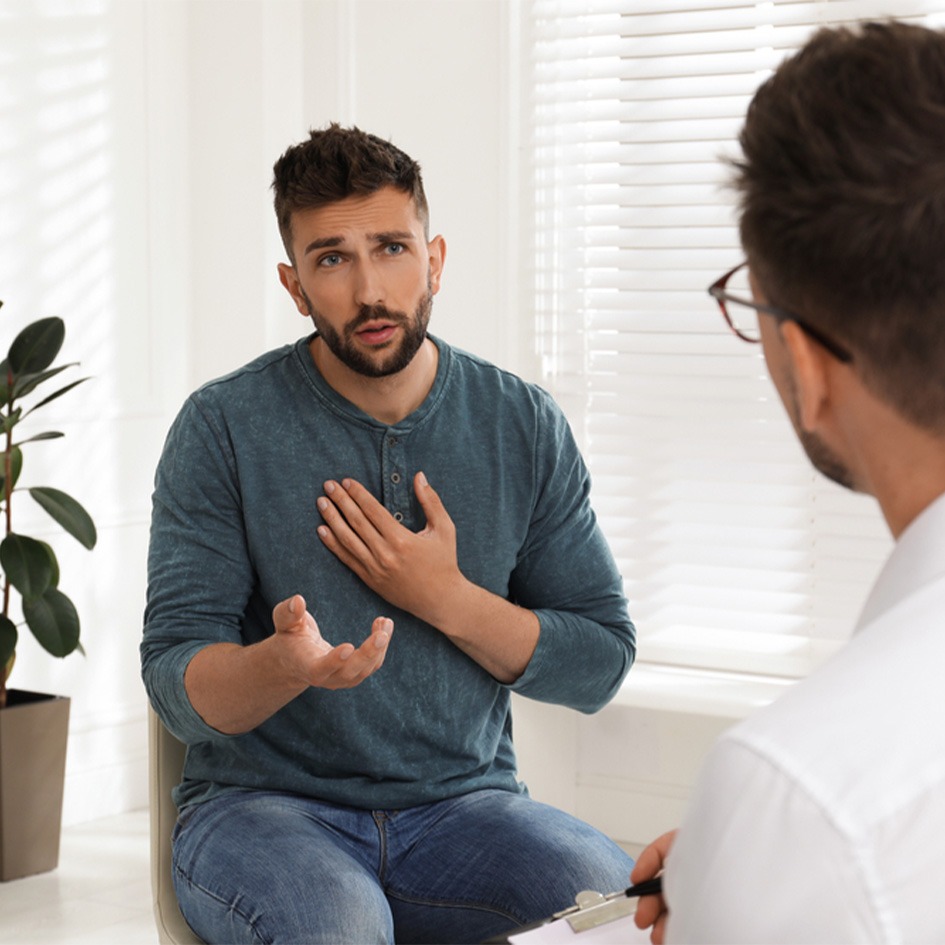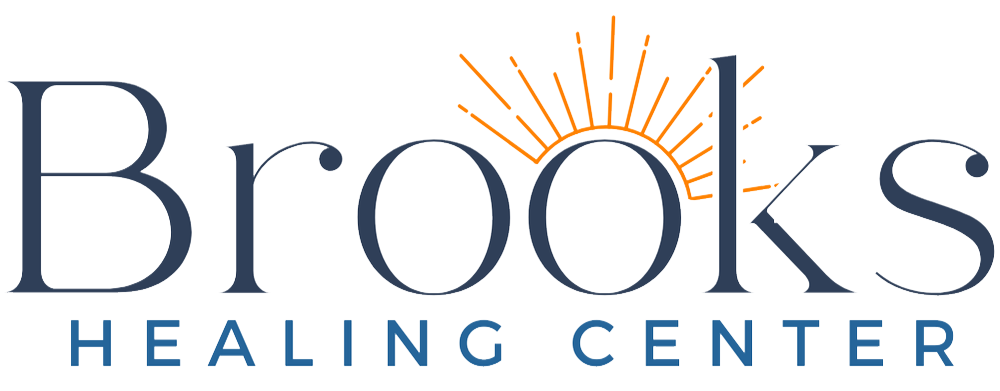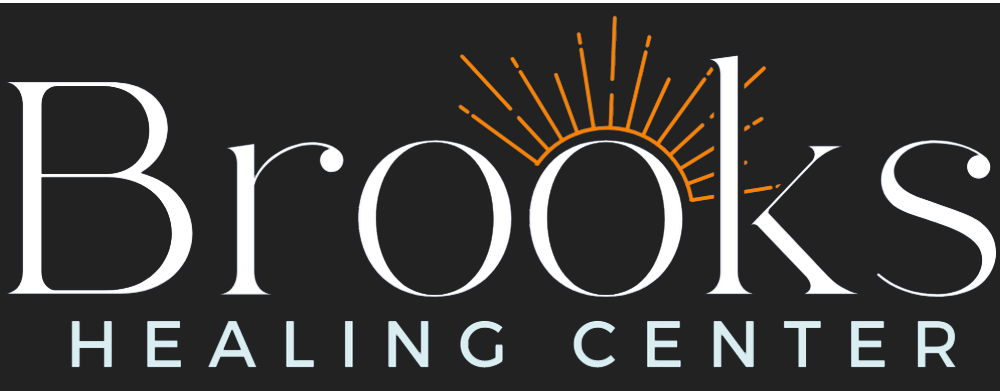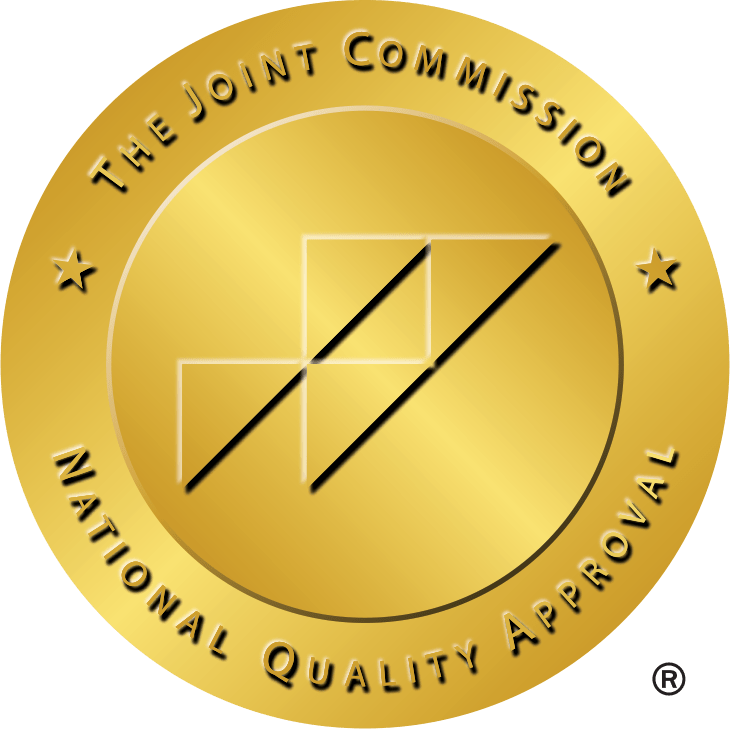Experiential Therapy In Tennessee Is Beneficial For a Wide Variety of Addictions and Disorders
Experiential therapy can be beneficial in helping people cope with past pains and harmful memories. It can also be helpful for those who want to change their current or future relationships with others. The benefits of experiential therapy ultimately differ from person to person.
However, most people find that they learn how to release negative emotions and cope with painful memories or the guilt and shame attached to them. Experiential therapy can be used to treat a wide variety of disorders and afflictions with success. These include:
- Addiction
- Dual diagnosis
- Trauma
- Family conflict & communication issues
- Eating disorders
- Adolescent behavioral problems
At Brooks Healing Center, we utilize our beautiful property for experiential therapy sessions, which include animal care, role-playing, music, arts and crafts, and more.



The Comprehensive Benefits of Experiential Therapy For Addiction Treatment
Experiential therapy is an immersive experience particularly beneficial for addiction and recovery. Studies show that this holistic approach can enhance treatment outcomes and offers improvements in physical, mental, intellectual, emotional, and intellectual functioning and well-being.[1]
Additionally, participating in experiential therapy programs has generated increased personal growth, improved family relationships, stronger interpersonal skills, and better performance at work.[2] Those suffering from addiction and co-occurring disorders will find that experiential therapy helps them cultivate healthy coping strategies and gain clarity regarding any underlying challenges to recovery. [3]
Each new day is a fresh opportunity to make a life-altering change and improve your quality of life. We want to help you identify the underlying challenges to recovery and better understand yourself so you can finally live the life you were always meant to live. Call today to get started and learn more about BHC.
How Does Experiential Therapy Work?
According to Psychology Today, experiential therapy can be particularly beneficial in treating addiction by helping patients understand why certain experiences have shaped their behaviors. With the help of our Brooks Healing Center skilled therapists, this therapy can help patients make positive lifestyle changes instead of numbing their pain with drugs and alcohol so they can work toward achieving long-term sobriety.
What Are Some Examples of Experiential Therapy?
When people are focused on an activity such as animal care, role-playing, music, or arts and crafts – they tend to be less guarded. For example, if a patient is asked to interact with one of the animals at our treatment center but the animal doesn’t react the way the patient was anticipating, that interaction may help them reflect on their own behaviors and learn from the experience.
At Brooks Healing Center, the following are just some of the experiential therapies and activities that you may participate in:
- Role-Playing: This allows patients to revisit difficult situations in their lives to better understand any hidden emotions or pain they haven’t come to terms with, which may be an underlying cause of their addiction(s).
- Equine Therapy: Working with horses is beneficial for the treatment experience as it provides a break from typical settings, helps you develop a bond with a pure-hearted creature, fosters greater self-efficacy, improves substance abuse treatment motivation, and has a positive emotional effect.[4]
- Outdoor Adventure Therapy: Our addiction treatment center is nestled along the Duck River in the Tennessee countryside and offers so many opportunities for kayaking, hiking, and ropes course climbing as part of our adventure and experiential therapy offerings.
- Art & Music Therapy: Unleashing your creativity has a way of unlocking thoughts, memories, and emotions. Through crafting, ceramics, art, listening to music, writing music, and other artistic outlets, you will explore the impact of trauma and addiction and learn positive coping skills that last a lifetime.
Garden Therapy: One of our signature mental health modalities within our addiction treatment programs is Garden Therapy. We have a fully stocked on-site garden where patients help nurture and grow many of the ingredients for our chef-prepared meals. Here, you will help care for the produce, weed the soil, experience grounding, learn gardening life skills, and more.
Frequently Asked Questions
About Experiential Therapy For Addiction Treatment
How Does Experiential Therapy Work With Evidence-Based Treatment?
Experiential therapy ties in well with other interventions, like Cognitive Behavioral Therapy (a traditional talk therapy), and offers an opportunity to actively participate in recovery through hands-on activities.
Are there cons of experiential therapy?
In most cases, the different types of experiential therapy offer a powerful experience with many positive outcomes. There may be some scenarios where you must encounter experiences and memories from your past in order to challenge how you see them, your internal thought patterns, and how those experiences make you feel. However, as you continue in experiential therapy and other forms of drug and alcohol addiction treatment in a supportive environment, you can develop a greater tolerance to those memories and experiences.
What does the therapist do in experiential therapy sessions?
Your counselor or therapist is your guide and support. They will plan and schedule the outdoor activities and artistic pursuits you will participate in and provide encouragement and support during the sessions. As you self-reflect and develop greater self-awareness in these sessions, they will provide a safe space for you to explore and process.


